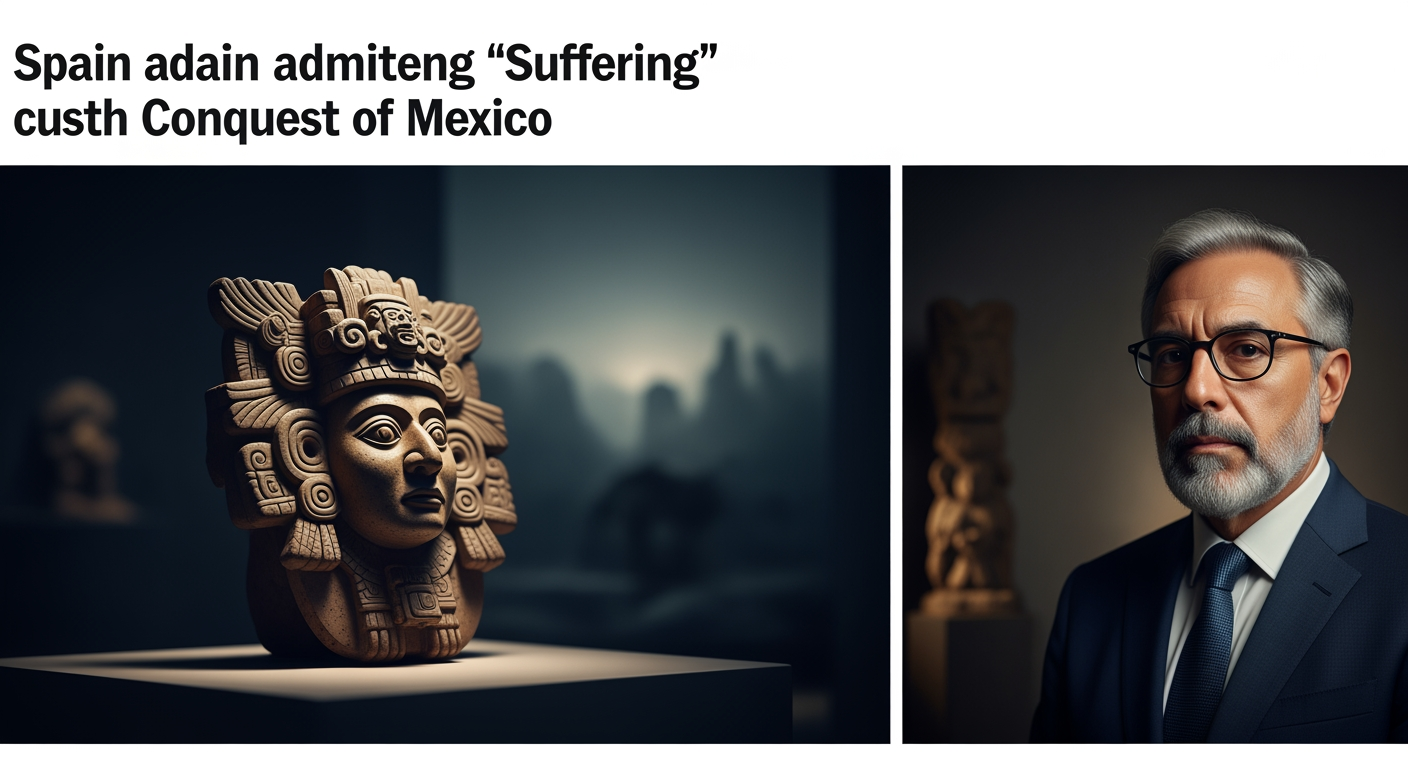Related Articles

Berlin Airport Grounded by Drone Incursion, Highlighting Escalating European Airspace Threat




BUDAPEST, Hungary – In a move that observers say further solidifies governmental influence over Hungary's media landscape, the nation's most widely read tabloid, Blikk, along with a portfolio of other significant publications, has been acquired by a company with strong links to Prime Minister Viktor Orbán's ruling Fidesz party. The acquisition, announced Friday, October 31, 2025, by Swiss media group Ringier, which sold its Hungarian division, Ringier Hungary Kft., to Indamedia Network, comes just months ahead of a crucial national election where Orbán faces an uncommon challenge to his protracted rule.
The transaction involves 18 online publications, including the popular health portal EgeszsegKalauz.hu and women's magazine Kiskegyed, but the centerpiece of the deal is Blikk, a daily newspaper that has been regarded as one of the last major independent media voices in Hungary. This development is expected to ignite renewed debate about press freedom and media pluralism in a country where critics contend the independent press has been systematically dismantled over the past decade.
The sale of Ringier Hungary Kft. to Indamedia Network marks a pivotal moment for Hungary's media environment. Indamedia Network is notably co-owned by Miklos Vaszily, a businessman widely identified as a staunch supporter of the current government. Vaszily holds a 50% stake in Indamedia and serves as chairman and CEO of TV2, a prominent pro-government private television channel. His involvement immediately raised alarms among opposition figures and media watchdogs, who view the deal as another strategic maneuver to extend Fidesz's reach within the information sphere.
This is not Vaszily's first controversial engagement in Hungarian media. In 2020, he played a central role in a restructuring initiative at Index, then Hungary's most-read news portal and managed by Indamedia. This initiative culminated in the dismissal of Index's editor-in-chief, Szabolcs Dull, and the subsequent mass resignation of almost the entire editorial staff in solidarity. Following these events, the portal, under its new leadership, has been noted for publishing critical reports about opposition figures, often drawing on anonymous sources or disputed documents. More recently, Vaszily has integrated himself into one of the digital platforms established by Prime Minister Orbán himself, as part of an intensified political campaign effort.
Blikk, prior to this acquisition, was consistently ranked as Hungary's most widely read daily newspaper. It attracted approximately three million online readers monthly and, despite a general decline in print circulation, reached around half a million daily readers in 2023. Its editorial stance, which previously covered a range of topics from current affairs and politics to entertainment and economy without a clear political affiliation, was seen by many as a rare counterpoint in an increasingly homogenized media landscape.
The timing of this acquisition is particularly significant, occurring merely months before a national election scheduled for April. Prime Minister Orbán and his Fidesz party are reportedly facing an unusual electoral challenge, with a new center-right opposition party, Tisza, led by former Fidesz insider Péter Magyar, gaining considerable traction in polls.
Magyar swiftly condemned the deal, asserting on social media that it represents an attempt by Orbán and his allies to "take over" the last remaining major independent media outlets. He stated that the Fidesz leadership is "terrified of losing the election" and is "no longer even trying to keep up appearances." This sentiment reflects broader concerns that the ruling party aims to monopolize public discourse ahead of a critical electoral contest.
This acquisition is consistent with a broader pattern of media consolidation that has characterized Hungary under Prime Minister Orbán's leadership since his return to power in 2010. International organizations and media watchdogs have extensively documented what they describe as a systematic erosion of media freedom and pluralism in the country.
Reporters Without Borders, for instance, estimates that Orbán's party controls approximately 80% of Hungary's media market resources through a network of government-connected "oligarchs" who acquire media outlets. In 2021, the organization controversially added Prime Minister Orbán to its list of "media predators," marking him as the first EU leader to receive such a designation.
A key instrument in this consolidation is the Central European Press and Media Foundation (KESMA), established in 2018. This foundation became a centralized media hub, bringing hundreds of media outlets under its umbrella after they were "donated" by allies of Orbán. The Hungarian government bypassed national competition rules for these transfers by declaring them a matter of "national strategic importance in the public interest." KESMA's stated goal is "to strengthen the system of values and the Hungarian national awareness" and provide media "in the spirit of national values."
Furthermore, critics highlight the disproportionate allocation of state advertising funds, which overwhelmingly favor pro-government media outlets. From 2015 to 2023, over €1 billion in state advertising was directed towards pro-government media, a practice that severely disadvantages independent newsrooms and makes critical journalism economically unsustainable. This financial pressure, coupled with limited access to public information for independent journalists and the prevalence of smear campaigns against critical voices, creates an environment where objective reporting faces significant hurdles.
Hungary's standing in international press freedom rankings has steadily declined. In Reporters Without Borders' 2024 Press Freedom Index, Hungary ranked 67th worldwide, placing it 25th out of the 27 European Union member states.
The acquisition of Blikk by Indamedia Network represents a further tightening of control over Hungary's media landscape by entities aligned with the ruling Fidesz party. With the upcoming national election, the consolidation of major news outlets under government-friendly ownership raises profound questions about the fairness of political discourse and the ability of the Hungarian public to access diverse, independent information.
As the pool of genuinely independent media shrinks, concerns grow regarding the long-term implications for democratic accountability and the rule of law in Hungary. The sale of a once fiercely independent publication like Blikk underscores the ongoing challenges faced by independent journalism in the country, amplifying fears that the space for critical reporting will continue to diminish as political pressures mount.